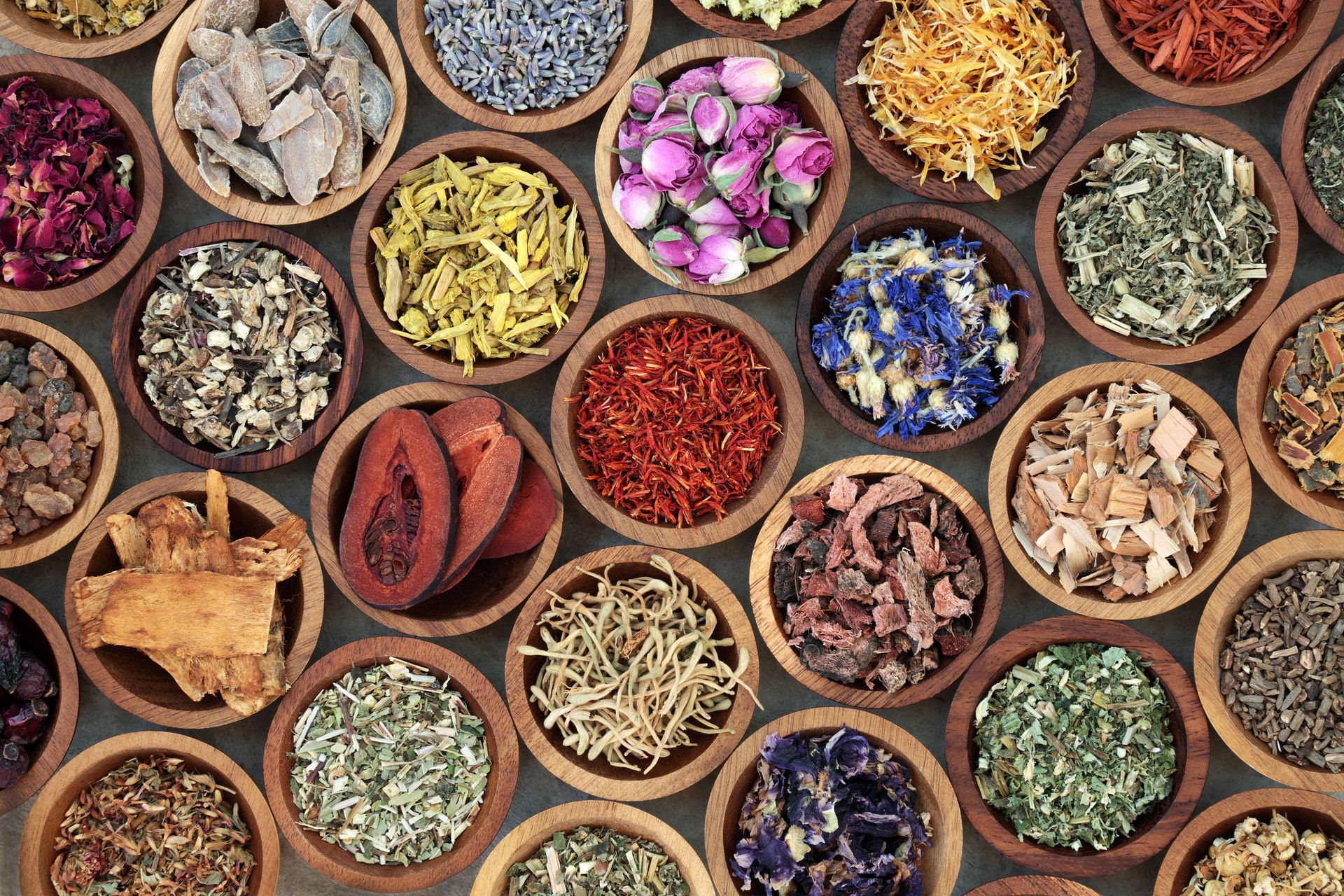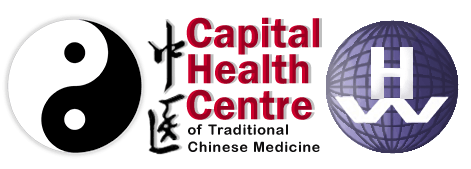Herbal and Food Combined Therapy
In Traditional Chinese Medicine (TCM), a combination of good foods and Chinese herbs is essential for overall health and wellbeing. A small amount of traditional herbs can be eaten daily alongside a healthy diet, for additional nutritional support and for maintaining balance, and good health. This is known as food therapy and medical diet therapy in TCM, and this helps to balance the Yin and Yang through a combination of nutrition and exercise.
Traditional Chinese herbs are an edible type of medicine that have been used in TCM for many years. The herbs are used for healing, and for providing many health benefits. Herbs often have a bitter taste, putting off some people from trying this simple way to improve your lifestyle.
A core feature of TCM is the belief that a combination of the five flavours in our diet supports our vital organs and overall health, which are Sweet, Salty, Spicy/Pungent, Bitter, and Sour.
So, herbs can often be eaten in combination with special fruits, nuts, and seeds to make for a more pleasant, and slightly sweet taste. This can also help you to gain additional nutrients, vitamins, and minerals. This combination of food and traditional Chinese herbs is a remedy that can support your immune system and vital functions.
These small portions of combined seeds, fruit, and Chinese herbs, can be eaten daily and through a variety of methods. It is common for these to be eaten in bread, porridge, or through forms of steaming.

Just one example of foods and herbs that can be combined for this edible therapy is below:
- Foods that have positive health benefits in this remedy include: Adzuki beans, coix seeds, Gardenia fruit, Rice beans, Black Tartary buckwheat, dried Tangerine peel, Hyacinth/Lablab bean, Jujube fruit/Chinese date, Goji berry, Chinese Yam, Lotus seed, and Hawthorn fruit.
- Chinese herbs that have positive health benefits in this remedy include: Angelica Dahurica, Euryale seed, Amomum fruit, Barley, Licorice root, Mulberry leaf, Papaya, Ginseng, Poria Cocos, Lotus leaf, Buddha’s Hand citron, Chicory, and rock sugar.
Eating a combination of these foods and herbs simultaneously can have many health benefits including “health-keeping, disease-resisting and healing as well as longevity-promoting” benefits.
This is just a brief introduction to this remedy, however, special combinations of the food and herbs are often recommended for seasonal care purposes and for supporting clients with specific concerns, which we will discuss in a later blog post.
This food and herbal remedy is a good supplement to the normal, balanced and nutrition dense food you should be consuming daily.







